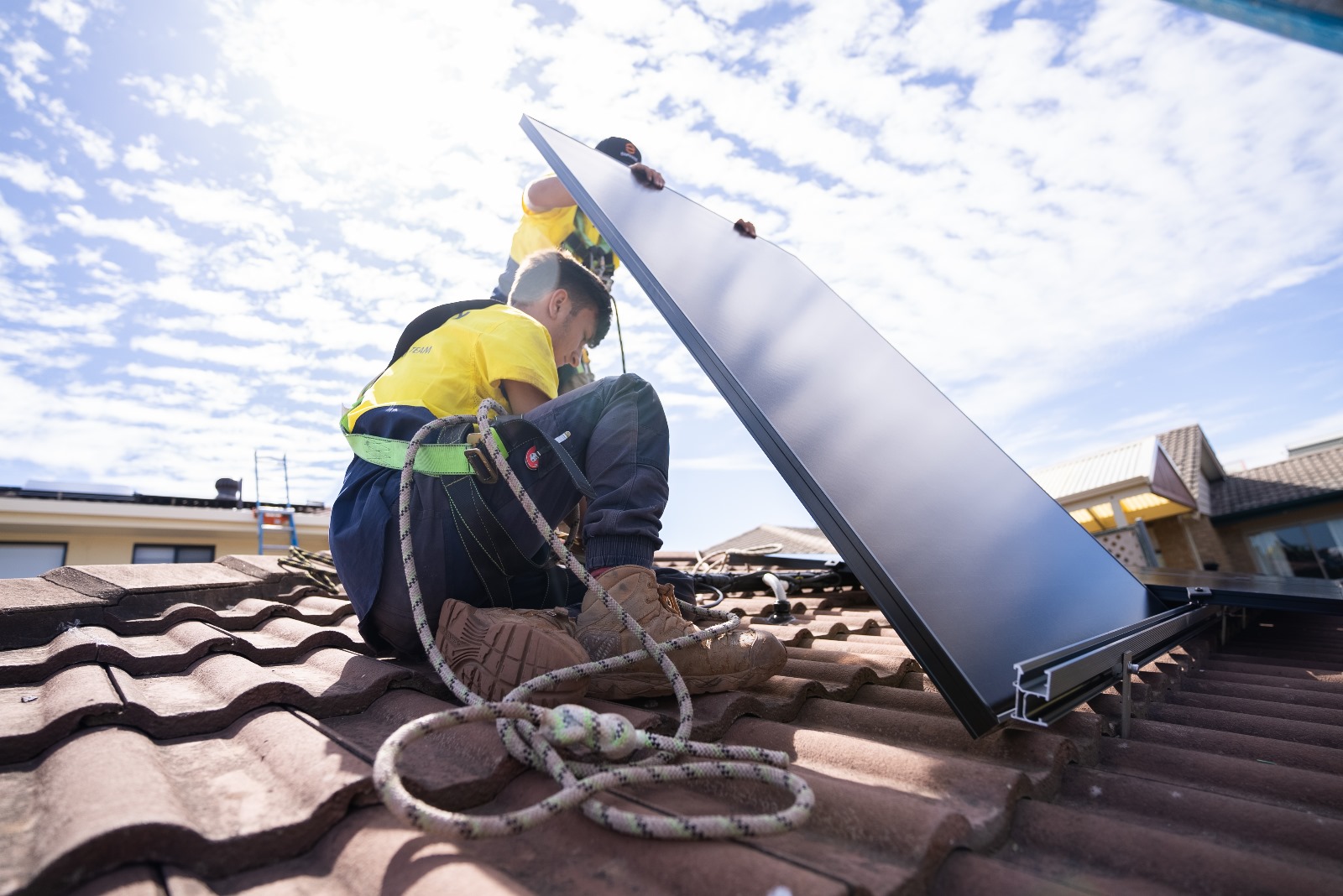When it comes to choosing a solar installer, one of the most important decisions you’ll need to make is whether to go with an accredited or non-accredited installer. Both have their merits, but understanding the difference between the two can help you make a more informed choice. In this blog, we’ll explore the key differences between accredited and non-accredited solar installers, helping you make the best decision for your needs.
1. What Does Accreditation Mean?
Accreditation refers to the process of officially recognising or certifying that a person, organisation, or institution meets specific standards of quality and competence. It is often granted by an authoritative body and signifies credibility, trustworthiness, and compliance with industry or regulatory standards.
2. Accredited Solar Installers: The Advantages
Solar PV installers who are accredited offer several benefits, making them a more reliable choice for your solar needs:
A. Higher Quality Installations
One of the main reasons to choose an accredited solar installer is the peace of mind that comes with knowing they have received the necessary training and certification. Accredited installers are expected to follow industry best practices, ensuring that your solar system is installed correctly from the start.
B. Warranty Protection
One of the key benefits of an accredited solar installer is that they often provide warranties on their work. These warranties ensure that if something goes wrong with the installation or the equipment, you’ll have a clear path to get the issue fixed without additional costs.
C. Compliance With Local Regulations
Accredited installers are typically more familiar with local building codes, regulations, and safety standards. This ensures that your installation will meet all required legal requirements. Additionally, in some regions, government incentives or rebates for solar installations may only be available if the work is done by an accredited installer.
D. Access To Professional Development And Resources
Accredited solar installers in Australia often have access to continuous training and professional development opportunities. As members of industry groups or organisations, they can take part in networking events, training sessions, and other resources that help them stay up to date with the latest solar technologies and best practices.
3. Non-Accredited Solar Installers: The Risks
While non-accredited solar installers may offer lower upfront costs, it's important to carefully consider the risks involved before you decide to find a solar installer—as these risks can often outweigh the potential savings:
A. Lack Of Formal Training
Non-accredited installers may not have undergone the same level of training as accredited professionals. This can lead to poor workmanship or subpar installations, which could result in your solar system under performing or even becoming a safety hazard.
B. Limited Warranty Or No Warranty
Non-accredited installers often do not offer warranties on their work. This means that if something goes wrong with your solar system, you may be left to cover the cost of repairs or re-installation out of your pocket. Without the backup of a warranty, it can be challenging to hold the installer accountable for their work.
C. Compliance Issues
Non-accredited installers may not be fully familiar with local building codes, regulations, or safety standards, which could lead to non-compliant installations. This could cause problems with insurance claims, damage to your property, or even legal issues down the line.
D. Limited Access To Resources And Support
Non-accredited installers typically don’t have the same access to ongoing training, professional networks, or industry resources as their accredited counterparts. This can affect their ability to provide high-quality service and keep up with changes in solar technology and installation practices.
4. How To Choose The Right Solar Installer For You ?
Choosing the right solar installer depends on your priorities, budget, and specific needs. Here are some things to consider when deciding between an accredited and non-accredited installer:
A. Check The Installer’s Qualifications
Regardless of whether you choose an accredited or non-accredited installer, it’s essential to verify their qualifications. Look for certifications, licenses, and any memberships in industry organisations. You should also check for any customer reviews or testimonials to gauge the quality of their work.
B. Consider The Long-Term Value
While non-accredited installers may offer lower upfront costs, you need to consider the long-term value of your investment. An accredited installer may cost more initially, but their high-quality work, warranties, and compliance with regulations can save you money in the future.
C. Understand The Importance Of Warranties
Warranties are a critical factor in protecting your investment. Accredited installers are more likely to offer warranties that cover both their workmanship and the solar equipment they install. Be sure to ask about warranty options before making a decision.
D. Ask About Ongoing Support And Maintenance
Accredited installers often provide better ongoing support and maintenance options. This is particularly important if you encounter issues with your solar system after installation. A good installer should offer troubleshooting, maintenance services, and repairs if needed.
5. The Role Of Industry Groups In Promoting Best Practices
Organisations like Solar Cutters play a key role in promoting best practices in the solar industry. These groups work to ensure that solar installers adhere to high standards of professionalism and quality, helping both installers and customers alike.
Being a part of such organisations is a sign that an installer is committed to staying current with industry developments and providing the best possible service to their customers.
Conclusion
In the end, the choice between an accredited and non-accredited solar installer depends on your specific needs, but there are several key advantages to choosing an accredited installer from the Solar Cutters network. They have a network of professional individuals who can offer higher-quality installations, better warranty protection, and greater compliance with safety standards and regulations.
While non-accredited installers may be able to offer a lower price, the risks involved in choosing them may outweigh the short-term savings, especially when it comes to long-term efficiency and safety.

